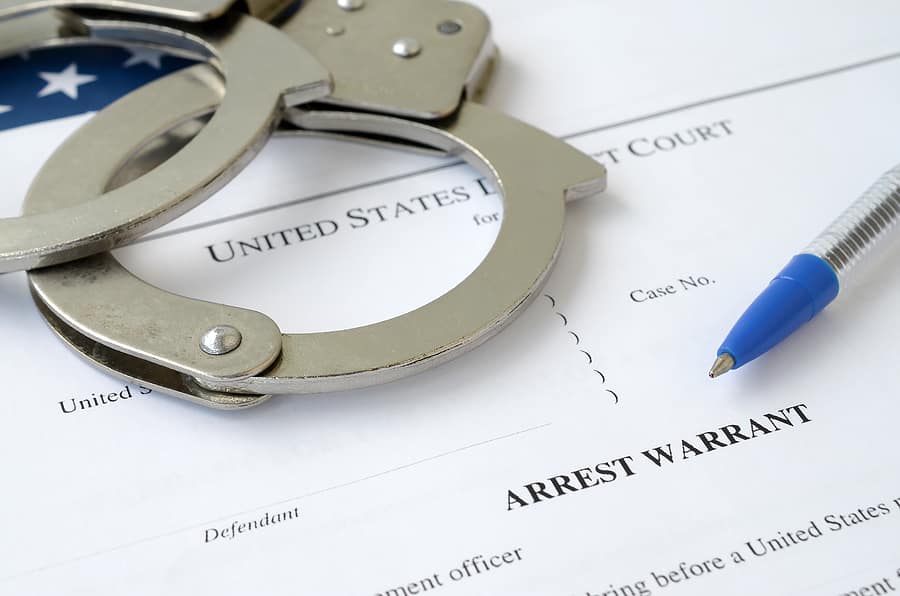The Department of Justice and the Environmental Protection Agency (EPA) today announced an agreement with the Jersey City Municipal Utilities Authority (JCMUA), in Jersey City, New Jersey, that will significantly improve the city’s municipal sewer and drinking water systems, will significantly reduce the amount of pollution being discharged into the Hackensack River, Hudson River and Newark Bay, and will benefit many Jersey City neighborhoods that face environmental justice challenges. The agreement is a modification of a consent decree that JCMUA entered into with the U.S. government in 2011.
“This settlement will help improve the environment and public health of communities that have long endured a historic and disproportionate burden from pollution,” said Assistant Attorney General Todd Kim of the Justice Department’s Environment and Natural Resources Division. “The Department of Justice is committed to protecting the public’s right to clean and healthy water under our nation’s Clean Water Act.”
“Providing clean water to communities, especially those already overburdened by pollution, is a fundamental right everyone deserves,” said Acting Assistant Administrator Larry Starfield for the EPA’s Office of Enforcement and Compliance Assurance. “The improvements agreed upon in this settlement will allow Jersey City Municipal Utilities Authority to effectively manage the challenges that come with severe storms and hurricanes caused by climate change.”
“As a result of this settlement, the sewer system improvements will reduce discharges from Combined Sewer Overflows by 370 million gallons per year, preventing over one million pounds of pollutants from entering nearby waterways each year,” said Regional Administrator Lisa F. Garcia for the EPA. “Furthermore, it will accelerate the replacement of thousands of lead service lines, which means cleaner drinking water for vulnerable communities. EPA is renewing its commitment to safeguarding underserved and overburdened communities such as Jersey City. These and other environmental and health benefits are key to protecting public health.”
“Through our state-federal partnership, NJDEP and USEPA are working to ensure that all New Jersey communities enjoy the benefits of clean waterways and reliable, safe drinking water,” said New Jersey Department of Environmental Protection Commissioner Shawn M. LaTourette. “This consent decree helps to ensure that JCMUA will continue taking important actions that reduce water pollution risks now and in future, and we applaud JCMUA’s commitment to replacing lead service lines as the utility works to maintain continuing compliance with broader Clean Water Act and Safe Drinking Water Act requirements.”
Under today’s agreement, JCMUA is committing to repairing and upgrading significant portions of its municipal combined sewer system while also expanding the system’s capacity. JCMUA will also upgrade the city’s drinking water system by replacing over 12,000 lead drinking water pipes. Many of the areas that these upgrades will benefit are communities of color that have faced environmental justice challenges for decades. JCMUA will also incorporate climate change adaptation and resiliency best practices and design measures into its sewer upgrades to ensure its sewer systems are better prepared to withstand severe storms and hurricanes.
JCMUA estimates the work detailed in the consent decree modifications will take an additional 10 years to complete and cost approximately $1.099 billion.
Under the initial settlement in 2011, JCMUA committed to resolve Clean Water Act violations for failing to properly operate and maintain its combined sewer system, which led to repeated releases of untreated sewage into the Hackensack River, Hudson River, Newark Bay and Penhorn Creek. That agreement also included a requirement for JCMUA to complete a comprehensive assessment of the condition of its sewer system. This assessment revealed additional improvements that needed to occur in order to ensure the sewer system will operate in compliance with the Clean Water Act. These additional improvements are being addressed in this settlement.
While the city’s drinking water system is subject to Safe Drinking Water Act regulations and was not addressed by the 2011 Clean Water Act settlement, under the modification, JCMUA has chosen to upgrade both its sewer and drinking water systems at the same time to save time and costs. The identification, removal and replacement of lead drinking water service lines is important in communities like Jersey City to protect public health, especially children’s health since kids are more vulnerable to the impacts of lead than adults.
Combined sewer systems like the one in Jersey City are designed to transport sewage, industrial wastewater and rainwater runoff in the same pipes to wastewater treatment plants. During periods of heavy rainfall, the volume of wastewater traveling through a combined sewer system can exceed the capacity of the system or the treatment plant. Resulting overflows, called combined sewer overflows (CSOs), contain not only stormwater but also pollutants such as untreated human and industrial waste, toxic materials and debris. They pose risks to human health, threaten aquatic habitats and life, and impair the use and enjoyment of the nation’s waterways.
The consent decree modification is subject to a 60-day public comment period and final court approval. A copy of the modification and more information are available on the Department of Justice website at http://www.usdoj.gov/enrd/Consent_Decrees.html. View the Spanish translation of this press release here.

